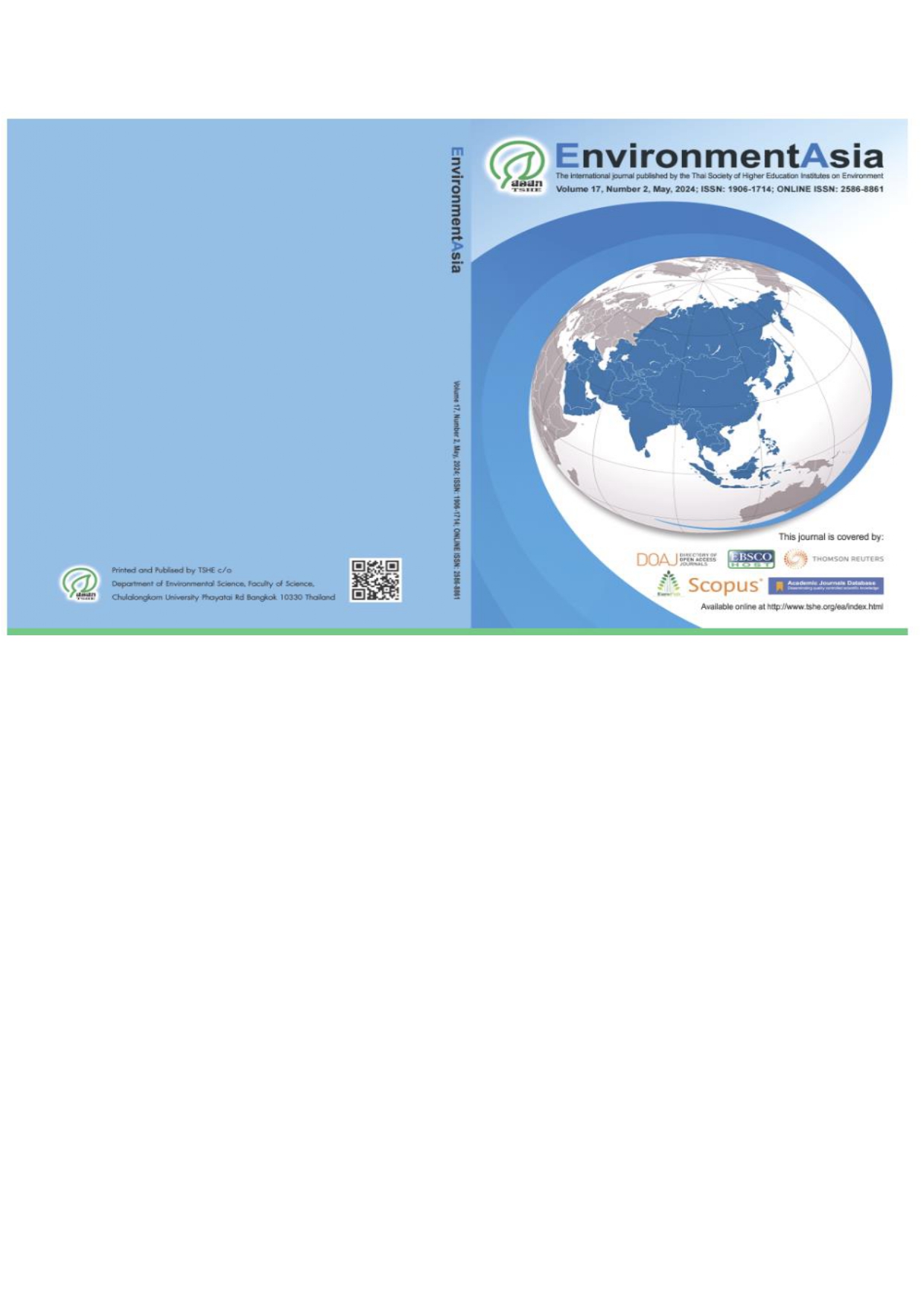
The deteriorating condition of the upstream of Ciliwung Watershed exacerbated soil erosion and increasing flood risk in the downstream area, including DKI Jakarta, the capital city of Indonesia. Coffee holds a significant economic role in Indonesia and coffee agroforestry demonstrated effectiveness in erosion reduction. This study aims to examine the benefit of coffee agroforestry to control soil erosion through analyzing the influence of soil properties and vegetation composition. The study was conducted in four hamlets, namely Cibulao, Cikoneng, Rawa Gede, and Cisuren. Soil erosion was measured from Universal Soil Loss Equation calculation, while vegetation was measured from Shannon diversity index and importance value. The results showed that the erosion rates in all four study areas are below tolerated erosion rates. The highest erosion rate was found in Cikoneng (14.76 ton/ha/year) and the lowest is found in Cisuren (9.29 ton/ha/year). Cisuren has high slope steepness, highest organic matter content, and lowest Shannon diversity index. Cikoneng shows neither distinctive soil properties nor vegetation composition. Coffee agroforestry seems to keep the soil erosion rate under control. However, soil erosion rate is not solely dependent on individual factors, such as soil properties or vegetation cover, but rather on the combination of these elements.

Oleh :
Rini Fitri